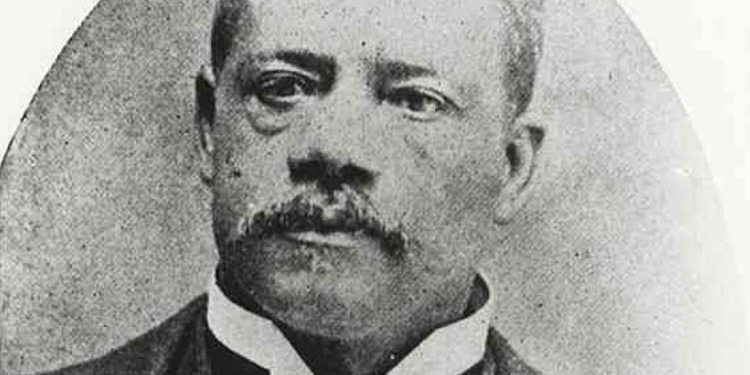Feb 11, 2025 Story by: Editor
Between 1868 and 1893, at least 87 Black men were elected to serve in the Arkansas General Assembly. This political shift was driven by Reconstruction policies and amendments to the U.S. Constitution, which abolished slavery, redefined citizenship to include formerly enslaved individuals, and granted universal male suffrage regardless of “race, color, or previous condition of servitude.” In Arkansas, these changes enabled Black men to attain positions in state and local government.
Most of these legislators were elected from regions with significant Black populations, such as the plantation areas in the east and southwest, as well as urban centers like Little Rock, Pine Bluff, and Helena. Historians continue to uncover details about these individuals, but existing research indicates they came from diverse backgrounds. Some had lived freely in the North before the Civil War, while others were formerly enslaved in Arkansas or neighboring states. Many were educated, literate, and ambitious community leaders who emerged as ministers and educators. Their ranks also included former Union soldiers, newspaper editors, merchants, farmers, lawyers, and at least one physician.
During the early Reconstruction period, several prominent Black leaders rose to political influence. Among the eight Black delegates at the 1868 Arkansas Constitutional Convention, William H. Grey, James T. White, and James W. Mason stood out. Educated and politically active, all three later served in the General Assembly. Mason, the only Arkansas native among them, was the son of the state’s largest planter and an enslaved woman named Cynthia. He was educated at Oberlin College in Ohio and later in Paris. In 1867, he became the nation’s first known Black postmaster at Sunnyside in Chicot County.
Grey and White, who were born free in Washington and Indiana, respectively, arrived in Helena in 1865. Grey was a merchant and an African Methodist Episcopal Church minister who later became the first Grand Master of the Most Worshipful Grand Lodge (Colored) of Free and Accepted Masons of Arkansas. White, a Baptist minister, led the church’s mission work among freedmen in Helena and later edited publications such as the Arkansas Review. During the 1868 convention, these three, alongside other Black delegates, championed the right of Black men to vote—an essential condition for Arkansas’s readmission to the Union.
Political Gains and Challenges
Between 1868 and 1874, Arkansas voters elected 35 Black men to fill 45 seats in the General Assembly. In 1873, Black representation in the Legislature reached its peak, with 21 members—17 in the House and four in the Senate. These legislators played an active role in the Republican Party, advocating for civil rights, public education, economic development, and measures to protect Black citizens from intimidation, particularly from the Ku Klux Klan.
However, as the Reconstruction era ended and Democrats regained political power in a period known as “Redemption,” Black representation in the General Assembly dwindled. Despite efforts to suppress Black voters, Arkansas remained relatively moderate compared to other Southern states. Democratic Governor Augustus H. Garland, elected in 1874, backed the state’s 1873 Civil Rights Act, public school access, and voting rights for Black citizens. He also supported the “fusion principle” in Black-majority Delta counties—a power-sharing arrangement that divided political tickets between Republicans and Democrats, which helped mitigate political violence.
Throughout the 19th century, most Black legislators remained aligned with the Republican Party. However, in 1879, for the first time, a handful of Black legislators deviated from Republican ranks—four were elected on the Greenback ticket, and one as a Democrat. The early 1880s saw additional Greenback candidates, but fusion and Republican alliances with Greenbackers and Agricultural Wheel members kept most Black voters within the Republican fold. A notable exception was Benjamin F. Adair, who served as a Democrat in the 1891 General Assembly.
The End of Black Political Representation
The Democratic-controlled General Assembly passed the 1891 Election Law, marking the beginning of a series of measures designed to disenfranchise Black voters. Black Republican leaders like Senator George W. Bell and Representative John Gray Lucas strongly opposed the law, but their efforts to prevent its passage were unsuccessful.
The 1891 law, framed as election reform, stripped local control over elections and introduced ballot printing changes that disadvantaged illiterate voters. In 1893, another law required voters to present a poll tax receipt, further suppressing Black voter participation. These restrictions led to a dramatic decline in Black political involvement, effectively eliminating representation for more than a quarter of Arkansas’s population.
No Black Arkansan would be elected to the state Legislature again until 1972. Source: Arkansas Online

















